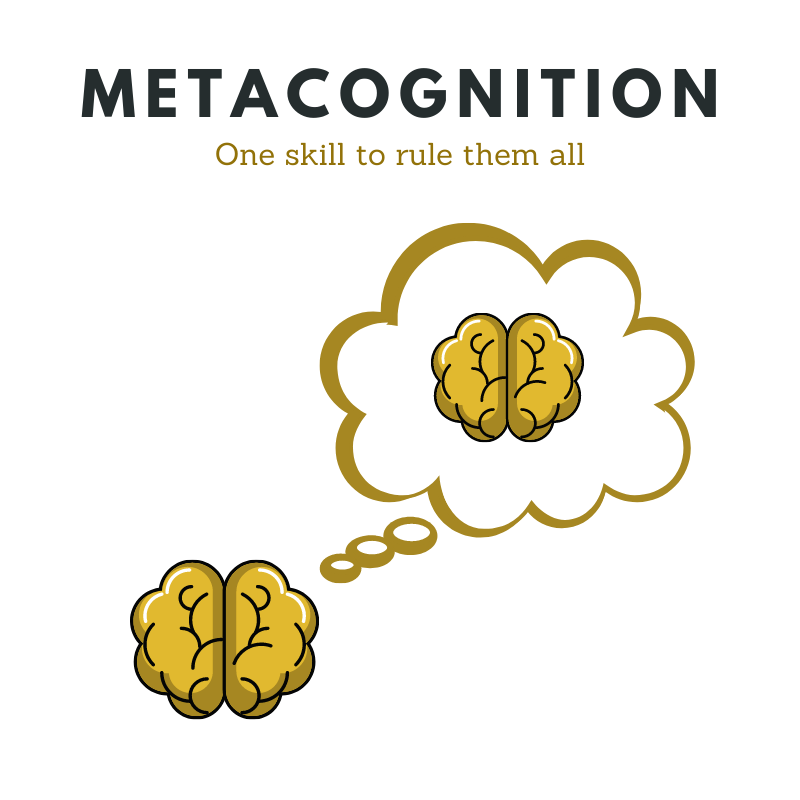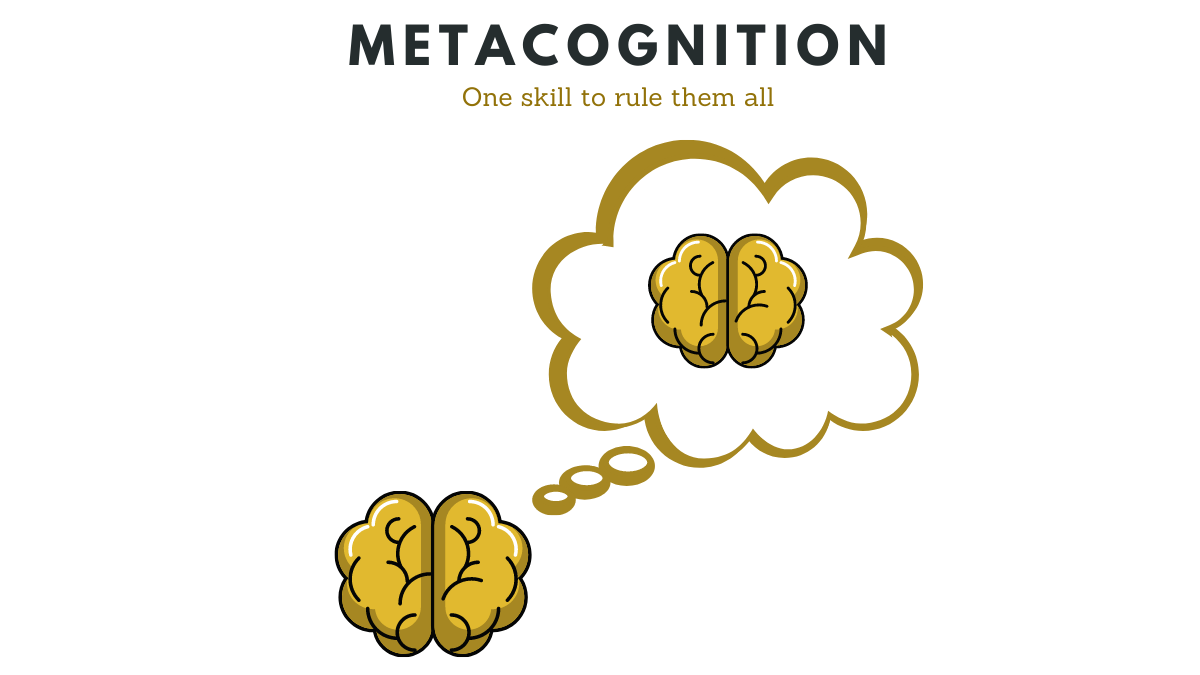
Thinking about Thinking
Do you think about thinking?
That’s kind of recursive, I know.
What I mean is, do you think about the thoughts that come in your head?
Where do they come from? What is the root of the thoughts and ideas that seem to pop up in your head at random?
Around 12000 -15000 thoughts populate our mind during an average day. (95% of them are repetitive)
That’s a lot of thoughts!
We can follow any one of them and go down a rabbit hole that can prevent us from getting any actual work done.It can prevent us from being able to focus on the things that matter the most. It can prevent us from staying ‘in the moment’ and living our life to the fullest.
At its mildest, it can make us absent minded during a conversation, or it can prevent us from going to sleep after a long and tiring day.
At its worst, it can lead to anxiety, depression and hyper-tension.
It makes sense then, to investigate how these thoughts emerge in our consciousness. What causes certain thoughts to come and go, while others stick around and make life hell for us.
It makes sense to run your mind in Debug Mode.
Debug Mode

Its a concept of programming that has direct application to many other areas of life.
Programmers run their programs in debug mode to observe how information flows through their code. They are then able to track down annoying bugs, identify their root causes and fix them.
We can use this model to observe our own thoughts and track down annoying bugs in our own mind.
We can follow the ideas that pop-up in our mind back to their roots and determine how they must have originated.
The Birth Of A Thought
Every thought or idea in our mind is a single link in a long chain of many thoughts.
Our brain is like a moist computer made up of billions of neurons interconnected with each other. These neural connections are like electrical circuits.
When two neurons fire together they produce a spark — An idea, a new thought, or even a memory. This thought gets added to the endless stream of ideas on the canvas of our mind.
Neurons usually fire because of some external sensory input.
It can be anything, from the food you eat, to the weather outside, or a strong smell that hits you, or a coworker making a stray comment.
Our brain processes these external inputs with the help of neurons. And the neurons hold on to this sensory information long after it has happened.
Tracing The Chain
Thoughts in our brain run in a chain. One thought leads to another, which in turn leads to another and so on.
But these connections are more orthogonal than linear.
So the chain is not like a straight line, instead its like a free hand trace on a blank canvas.
It becomes hard to find out how exactly we came up on an idea or a thought.
In our own heads, we go back and forth in time and space through the day. We play movies of the past or of the future and keep watching them on repeat, we often get stuck like a broken record. (As I said earlier 95% of our thoughts in a day are repeated.)
The only way to untangle this mesh of jumbled thoughts is to debug our mind.
We must go back up the chain of a thought and try to find out exactly which sensory input might be at its root.
We must trace the orthogonal connections our neurons are making and try to study how those connections might have formed. Its a difficult, but fascinating exercise.
Once we are able to do that, we gain valuable insights about why we think what we think.
These insights are vital in being able to navigate our mind to the kind of thoughts we want to have and avoid the ones which don’t add any value to our life.
And that, my friend, is a superpower.
“A person can make himself happy or miserable, regardless of what is happening ‘outside’, just by changing the content of his consciousness”— Flow, Mihaly Csikszentmihalyi

This super power is called Meta-Cognition. Which literally means thinking about thinking.
There are very few people in the world who can practice meta-cognition effectively. It takes years of practice and perseverance to get it right.
But once it starts to work, its super charges your thinking and puts you at the top of your field.
The best performers in any field use it to navigate their mind on the path they want it to follow. They are able to control the content of their consciousness, stay in the moment and enjoy life like its meant to be.
The Tool
How do you practice meta-cognition? What tool will you use to master this super-power?
The brain of course!
The same brain that houses all those neurons. You will use some of those neurons to go trace back up chains of thoughts and run your mind in debug mode.
You own those neurons, you are their master. Might as well use them to make your life better.
And if you don’t, they will keep wreaking havoc to your mind. You will become their slave.
Why It Matters
Meta-Cognition is the ultimate meta skill.
It can help us build other skills like learning, reading, listening, and most of all, critical thinking.
And most of all, it helps us recognize and cope with the biases and limitations of our brains.
Indeed, it is the One Skill To Rule Them All.
Think about it.
Further Reading:
Find out more about how the brain functions, read The Brain by David Eagleman. Its a science book written for non-scientists like us.
Checkout Thinking Fast & Slow by Daniel Kahnemann and Amos Tversky. Its the seminal book on the workings of our minds and systems of thinking.
Also checkout Flow, The Psychology of Happiness by Mihaly Csikszentmihalyi is the study of happiness and finding joy in living ‘in the moment’ doing the things you love doing most.
A version of this post first appeared on The Wisdom Project.


